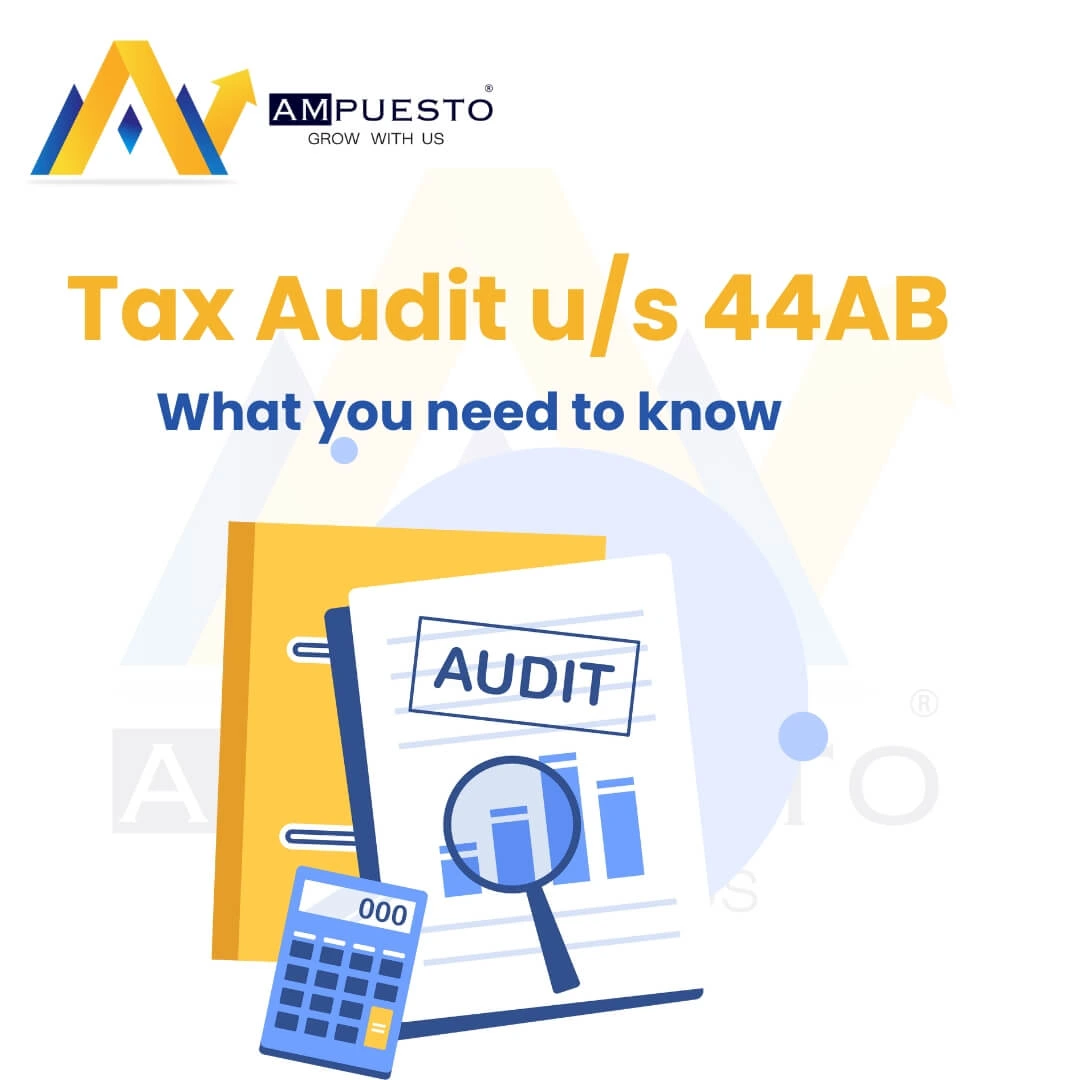
loading...


Introduction Managing taxes efficiently is an essential part of financial planning. Many individuals confuse tax planning with tax saving, assuming they are the same. However, understanding the difference between the two is crucial for effective financial management. Tax planning is a strate...


Introduction Input Tax Credit (ITC) is one of the most significant advantages of the Goods and Services Tax (GST) regime in India. It allows businesses to offset the GST paid on purchases (inputs) against the GST payable on sales (output). However, claiming ITC is subject to various conditions, eli...


Section 80C of the Income Tax Act is one of the most popular sections among taxpayers in India. It provides an opportunity to reduce taxable income by making specific investments or expenditures. The primary purpose of Section 80C is to encourage savings and investments among individuals and Hindu U...


Filing your Income Tax Return (ITR) is an essential task for all taxpayers. However, filing is just the first step. To complete the process, you must verify your ITR. Thankfully, the Income Tax Department provides multiple modes to e-verify your ITR conveniently. In this blog, we will discuss how to...


Introduction Understanding the Annual Information Statement (AIS) and Taxpayer Information Summary (TIS) is crucial for seamless tax compliance. Both tools play distinct yet complementary roles in simplifying the Income Tax Return (ITR) process. This blog explains the key differences, components, a...


As a freelancer, you enjoy the flexibility of being your own boss, but with that freedom comes the responsibility of managing your finances—including income tax filing. Unlike salaried individuals, freelancers often face challenges while filing taxes. This guide aims to simplify the income tax...


Introduction TDS compliance is more than just a legal obligation—it’s a foundation of responsible business practices. Non-compliance with TDS regulations can result in significant penalties, damaging your reputation and financial health. With businesses handling multiple transact...


The world of corporate governance in India is underpinned by stringent compliance requirements, ensuring transparency and accountability in business operations. Among these regulations, the ADT-3 form plays a pivotal role for auditors in the corporate landscape. But what exactly is the ADT-3 form, a...


The Ministry of Corporate Affairs (MCA) has mandated that all directors in India, holding a Director Identification Number (DIN), must file the DIR 3 KYC annually. This regulation, which came into effect from the financial year 2019-20, aims to ensure accurate director details in the MCA database an...


A tax audit is a vital compliance measure under the Income Tax Act, 1961. It ensures the accuracy of financial records and verifies that taxpayers comply with the prescribed laws and regulations. Let’s dive deeper into what a tax audit entails, its significance, and the processes involved. Wh...
